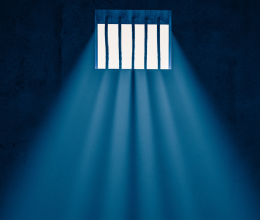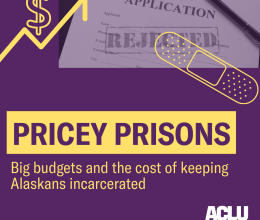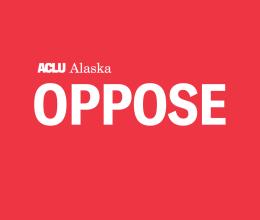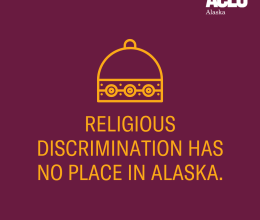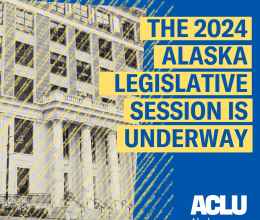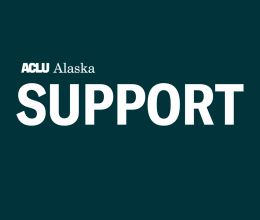
House Bill 66 was crafted in an attempt to reduce the overdose deaths that are ravaging the state. It relies only on a punitive strategy that will not reduce overdose deaths but will reduce resources the state can use for more effective strategies.
Focusing on substance misuse prevention, ensuring that all Alaskans have access to high-quality treatment, and recovery supports are more effective strategies that recognize this crisis for what it is — a crisis of public health. These recommendations are aligned with the governor’s advisory council on opioid remediation. Law enforcement also plays a critical role in reducing overdose deaths by working to disrupt supply and tracking overdoses to warn communities when dangerous drugs are spreading.
Research – including that of the Alaska Criminal Justice Commission – has shown time and again that the certainty or perception of being caught is a far more effective deterrent than the severity of punishment. Alaska already has criminal penalties in place for the behavior described in House Bill 66, and the state can enforce them rather than pursue more complex prosecutions.
Increasing penalties may have the opposite effect as intended. In jurisdictions where legislation like HB 66 has been passed, overdose deaths increased as people are hesitant to call for help. The ACLU of Alaska opposes HB 66 because Alaska must prioritize its resources for the public health and law enforcement strategies that are shown to work in reducing overdose deaths.
